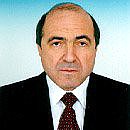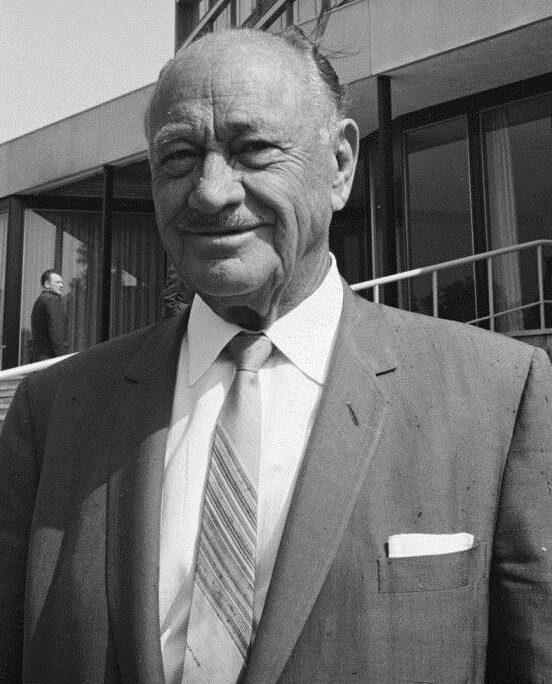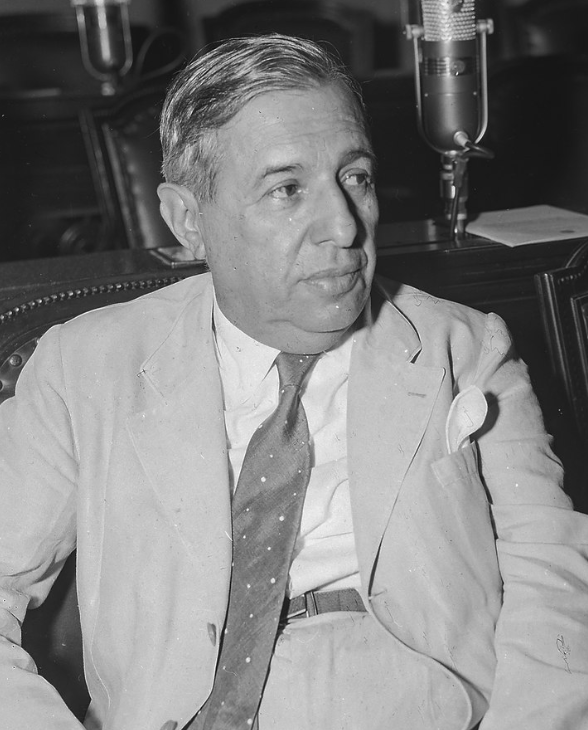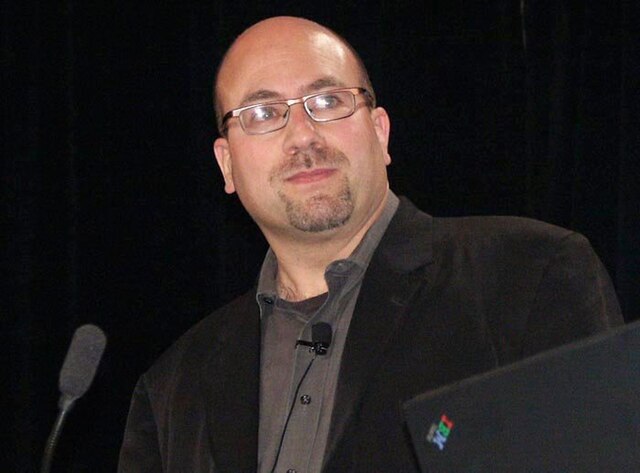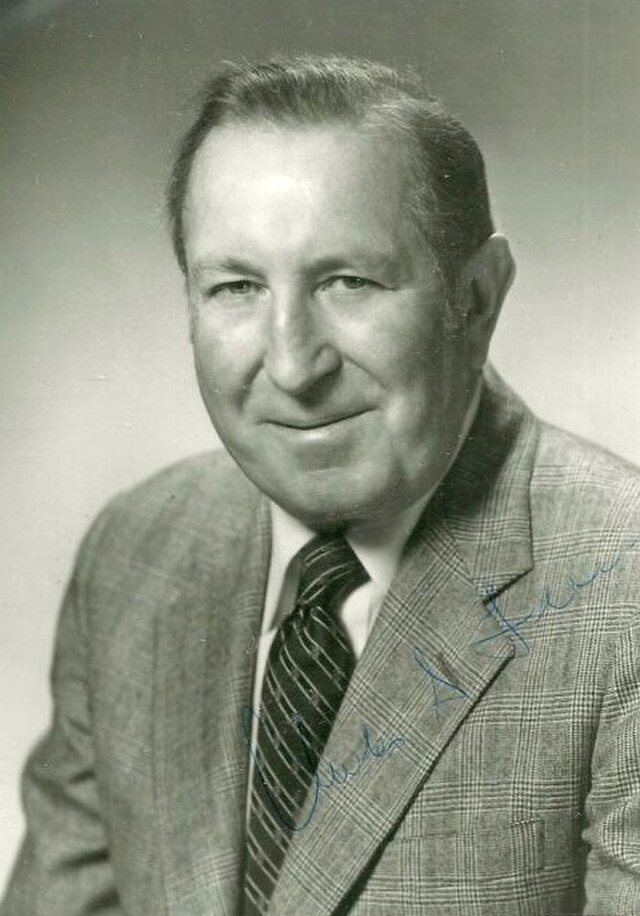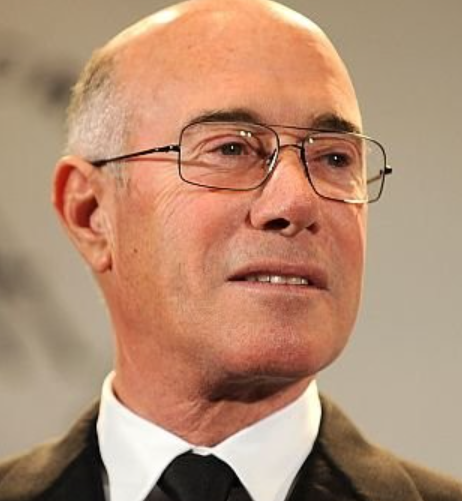Boris Berezovsky
image source :- google | image by :- wikipedia
Boris Berezovsky
| Aspect | Details |
|---|
| Full Name | Boris Abramovich Berezovsky |
| Birthdate and Place | January 23, 1946, Moscow, Russia |
| Family Background | Son of a builder and a nurse; only child |
| Education | – Graduated in Computer Science and Electronics in 1975 – Earned a doctorate in Decision-Making Theory in 1983 – Worked at USSR Academy of Sciences in information management |
| Early Career | Academically distinguished with a strategic approach from his math and science background |
| Path to Wealth | – Gained initial experience with AvtoVaz, a large Soviet car manufacturer – Founded LogoVaz car dealership, leveraging state-controlled prices to make a profit by reselling cars at market rates |
| Key Ventures | – Expanded into oil and banking, industries central to Russia’s emerging capitalist economy – Gained influence in Aeroflot (national airline) finances and ORT, Russia’s largest television network |
| Political Influence | – Formed close ties with Boris Yeltsin’s inner circle, including his daughter – Played a role in Yeltsin’s re-election campaign, securing a role as Secretary of the Security Council and later as Executive Secretary of the Commonwealth of Independent States (CIS) |
| Involvement in Putin’s Rise | – Supported Vladimir Putin as Yeltsin’s successor – Initially influential, but soon found himself marginalized when Putin began to “liquidate the oligarchs” |
| Exile and Legal Issues | – Exiled to London in 2000 due to conflicts with Putin’s government – Faced charges of financial mismanagement (notably with Aeroflot) by Russian authorities – Granted asylum in the UK in 2003 as Russia sought his extradition |
| Legacy | – Embodiment of the post-Soviet oligarchs: used business acumen and political connections for rapid wealth accumulation – Symbolizes both the opportunities and perils of Russia’s transition to capitalism |
| Notable Lessons | – Demonstrates the volatile nature of political power and wealth – Shows how ambition and connections can yield influence but also lead to sudden downfall |
The Rise and Fall of Boris Berezovsky: A Case Study
The name Boris Berezovsky calls to mind Russia’s turbulent transition from the Soviet era to that of modern capitalism. Not just a businessman, he was an individual who played a crucial role in giving shape to Russia’s new democratized political landscape. The change of the mathematician-turned-oligarch offers such a telling insight into how these individuals so quickly amassed enormous amounts of wealth and influence in post-Soviet Russia.
Early Days: From Academic to Entrepreneur
Boris Volskiy was born in Moscow, on January 23, 1946. He is the only son to a builder and a nurse. His parents ensured that he received the best education they could afford. That is how Boris had an outstanding academic performance: he finished postgraduate work in computer science and electronics by 1975, went on to earn his doctorate in decision-making theory by 1983, and then spent some years working at the USSR’s prestigious Academy of Sciences, dealing with information management issues. This math and science background allowed him to view business through a strategic lens.
The Birth of a Tycoon
As the Soviet Union was coming to its end in the 1980s, president Mikhail Gorbachev’s economic reform was providing very limited entry into private businesses on a very small scale. This was the opening of the door for entrepreneurs like Berezovsky. He worked for AvtoVaz as a consultant this company was a huge car manufacturer in the Soviet Union and looked like the most gold-en deal.
Berezovsky established LogoVaz, his own car dealership, which exploited a price differential between state-arranged prices and market rates. His company bought cars at controlled prices and sold them at much higher market price, thus accumulating huge profits. That was not enough he entered oil and banking, two industries that would form the spine of the new Russia as it transitioned into capitalism. His connections at AvtoVaz and in the Kremlin enabled him to grow his businesses, and he secured a position in the oil and aviation sectors. He even gained control over the state airline Aeroflot’s finances as well as the ORT, the biggest Russian television network.
Political Influence and Clout
It was not only in the business environment, however that his influence played out. The fact that Berezovsky closely collaborated with then-president Boris Yeltsin’s inner circle among them, Yeltsin’s daughter which tantalized him with unchecked political clout as well as his involvement in Yeltsin’s re-election campaign placed him in a position of some influential placements in the government. In 1996, he headed as the Secretary of the Security Council, and later, he became the Executive Secretary of the Commonwealth of Independent States (CIS).
But the more political-strategic move by Roman Abramovich was that he favored Vladimir Putin as the successor of Yeltsin. However, things did not exactly work that way
Fall: Putin vs. the Oligarchs
Putin came into office with a promise to “liquidate the oligarchs as a class, and Berezovsky soon found himself at odds with the new president. One of the most powerful men in Russia overnight became pushed aside. His efforts to form opposition against Putin went to no avail and he was eventually banished from the inner circles of the Kremlin.
By the year 2000, Berezovsky had gone to live in exile in London. He declared that he would finance judicial reform and help civil society in Russia yet, his political ambitions did not take off. The Russians charged him with robbing Aeroflot. The British government granted him asylum in 2003 as the Russian one requested his arrest.
Legacy and Lessons
Berezovsky’s rise and fall, however, epitomize the free-for-all of the post-Soviet years, when business acumen, political connections, and timing marked success. His tale announces opportunities and dangers of the end of the USSR. Today, he serves as an embodiment of the mighty oligarchs that sprout from Russia’s economic and political transition.
Whether you consider Berezovsky a brilliant entrepreneur or a manipulative power broker, his story teaches a lot about living through changing political landscapes, the impact of contacts, and the dangers of unchecked ambition. His case tells how volatile times create larger-than-life figures-and just how quickly fortunes can turn around.

